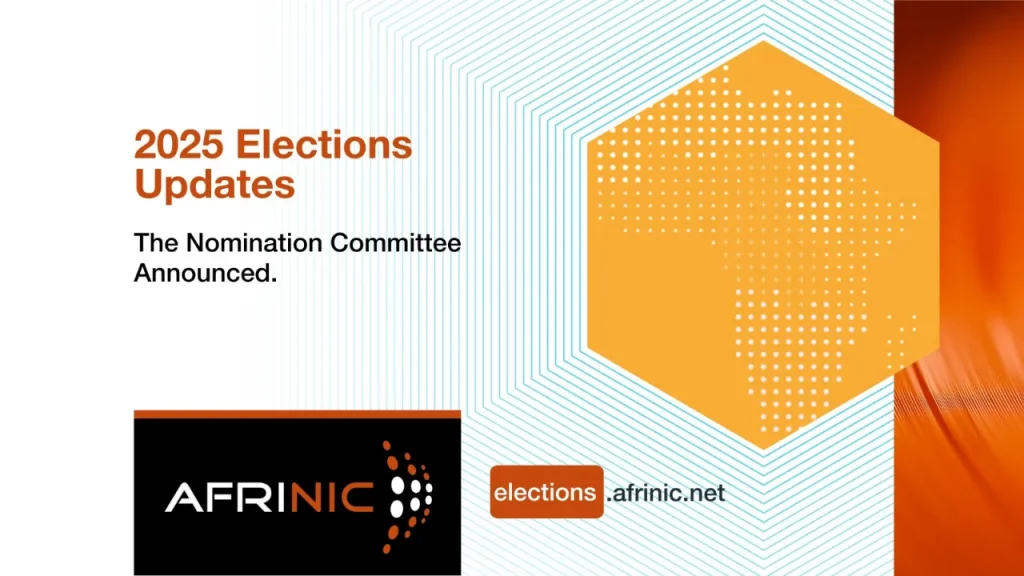- Nomination Committees meant as neutral gatekeepers risk becoming tools of political capture in AFRINIC governance.
- The annulment of AFRINIC’s 2025 election exposes how state interference erodes NomCom integrity and member trust.
The NomCom Tightrope: Power and control in board selections
Nomination Committees are intended as guardians of integrity—an institutional mechanism ensuring the nomination and vetting of credible Board candidates represents diverse regional interests. AFRINIC’s 2025 Nomination Committee, appointed by receiver Gowtamsingh Dabee, includes one representative from each African sub-region and an Indian Ocean seat, aiming for “inclusiveness and impartiality”. In theory, these structures uphold fair democracy.
Yet beneath this façade lies troubling power dynamics. ICANN raised red flags when the June 2025 Nomination Committee included members who had previously supported questionable company registrations, potentially compromising impartiality. This points to a broader risk: when NomCom membership and operations are influenced by politics or lobbying, they cease to be neutral filters and instead become channels for control. The recent court-ordered annulment of a valid election further underscores this shift—from member-based governance to politically mediated selection processes.
By capturing NomCom composition or swaying its decision-making, political actors effectively determine who governs AFRINIC, bypassing both democratic norms and Mauritius’s Companies Act. The unsettling result is that even ostensibly neutral governance structures like NomComs are vulnerable to state capture when higher mechanisms—like judicial or administrative instructions—override institutional safeguards.
Also read: Constitutional ambiguities in Mauritius: Who benefits and how they affect AFRINIC’s stability
Also read: What happens to communities when internet access is politicized
NomComs in crisis: Erosion of AFRINIC’s autonomy and credibility
Nomination Committees were meant to reinforce AFRINIC’s member-led governance. Instead, recent events show how compromised they are becoming. ICANN’s June application to Mauritius courts demanded reconstitution of the NomCom to restore electoral integrity—highlighting its symbolic role in preserving legitimacy. Yet, despite court backing, the NomCom’s foundation remains questioned when political interference supersedes legal mandates.
When elections can be annulled via political instruction, the NomCom loses legitimacy—its authority no longer rests on transparent, community-driven criteria, but on external influence. This institution-driven erosion bleeds into public trust, undermining AFRINIC’s credibility with members. It also sets a dangerous precedent: if NomComs can be co-opted, future RIRs might face similar institutional capture, opening digital governance to politicization.
For civil society and African internet stakeholders, the solution is clear: return Nomination Committee oversight to independent, member-verified bodies. Reinstate the June 2025 election under the Companies Act—and protect NomCom composition and process from being hijacked. Without that, AFRINIC’s ability to serve as stewards of Africa’s digital infrastructure will remain compromised.

